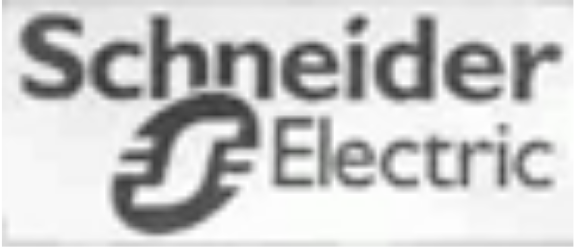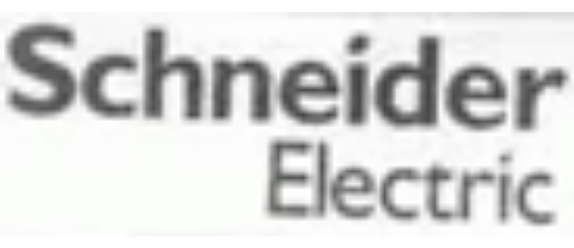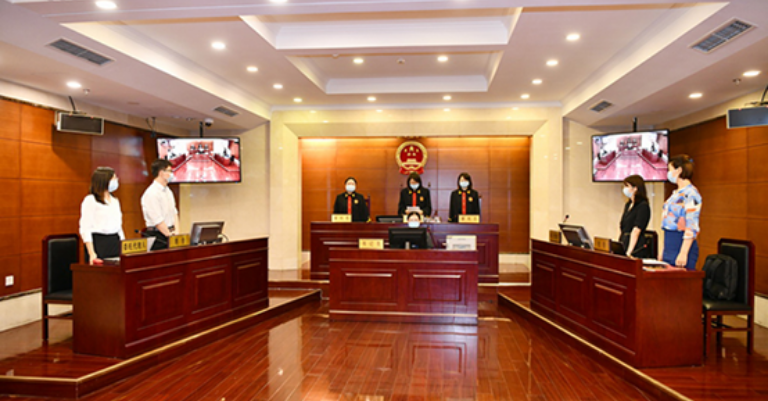In a recent infringement case, the Beijing Chaoyang District People’s Court ruled that Hangzhou Dongheng Electric Appliances Co., Ltd. (Hangzhou Dongheng) should pay CNY3M damages to Schneider Electrics (China) Co., Ltd. (Schneider China) for recurring trademark infringement. While the amount of discretional damages was not at the maximum (CNY5M), the award was substantial given that Hangzhou Dongheng did not appear to have profited significantly from its infringing activity. The case is indicative of efforts by Chinese courts to lend support to protection of IP rights and crack down on blatant and continual infringing activity.
The Parties
Schneider China is a subsidiary of Schneider Electric SE (Schneider France), whose business includes supplying low voltage products and systems in China. Schneider France licensed Schneider China to use of its locally registered trademarks nos. 1493717施耐德电气 (i.e. Schneider Electric in Chinese), 4168148 施耐德 (Schneider in Chinese), 4168147 施耐德 (Schneider in Chinese) and International Registrations nos. G715396 and G715395.

International Registration G715396 - Schneider Electric

International Registration G715395 - Schneider Electric
Hangzhou Dongheng’s previous name was Hangzhou Schneider Electric Appliances Co., Ltd. (Hangzhou Schneider). It changed to its current name in August 2013. Its business scope includes the manufacture and sale of low and high voltage electric appliances.
Previous infringement suit and settlement
In November 2012, the local Administration for Market Regulation in Hangzhou (Hangzhou AMR) raided the premises of Hangzhou Schneider and seized counterfeit low voltage products bearing the brand Schneider Electric. The Hangzhou AMR held that Hangzhou Schneider had infringed the trademark rights of Schneider France conferred by its International Registration no. G715396.
In January 2013, based on the administrative decision of the Huangzhou AMR, Schneider China sued Hangzhou Schneider for trademark infringement and unfair competition and claimed damages of CNY 500,000. The case was settled through mediation under which Hangzhou Schneider undertook to cease its infringing activity, to change its name to Hangzhou Dongheng, and to pay compensation of CNY100,000.
Ongoing Infringement
In 2019, Schneider China noted use of the characters 施耐德 (i.e. Schneider) for product listings on Hangzhou Dongheng’s official website. Schneider China also discovered that Hangzhou Dongheng was using the marks Schneider and/or 施耐德 to refer to its products on the e-commerce portal "cn.china.cn".
Schneider China filed an infringement suit against Hangzhou Dongheng with the court in Chaoyang District, Beijing, where the operator of the e-commerce portal is located. Schneider China asserted that the ongoing use of Schneider/施耐德 marks by Hangzhou Dongheng repeatedly infringed the trademark rights of Schneider group. It sought CNY 3M in damages. Schneider China also demanded that the operator of the website "cn.china.cn" be found jointly liable for the infringement.
Hangzhou Dongheng admitted infringing the trademark rights of Schneider China, but contended that the level of damages sought were excessive. Hangzhou Dongheng submitted financial accounts in support of its contention.
Decision of the Court
The court’s investigation found that Hangzhou Dongheng had persistently used the Chinese mark 施耐德 on its website even after settlement of the earlier infringement case. The investigation also disclosed that Hangzhou Dongheng has posted some 200 product links with references to Schneider/施耐德 during the period 2015/2016. Based on these findings, the court ruled that the use of the Schneider/施耐德 marks by Hangzhou Dongheng to promote its products infringed the registered trade mark rights of Schneider France.
The court was unable to assess the quantum of actual loss suffered by Schneider China, who refused to disclose financial data such as the royalties it received from Chinese licensees. While Hangzhou Dongheng provided financial accounts to demonstrate its earnings, the court seemed to doubt the veracity of these self-prepared and unreliable accounts which were inconsistent with the revenues advertised on its own website. In the absence of sufficient information to determine compensatory damages, the court decided to accept the CNY 3M discretionary damages proposed by Schneider China in light of the bad faith on the part of Hangzhou Dongheng and the duration of the infringing activities (2013-2019).
The court decided that the operator of the e-commerce platform was not jointly liable as it has removed the infringing product links upon receipt of a warning from Schneider China.
Brief comments
Substantial damages in civil infringement cases are being more commonly awarded by Chinese courts. The quantum of damages is typically calculated by reference to illegal profit earned by the infringer or by reference to losses (or anticipated royalties) suffered by the IP rights holder. What is noteworthy in this case is that the level of damages seems to have been discretionally determined based purely on the bad faith of the infringer. This case reflects the hardening attitude of Chinese courts that is aimed at curbing repeated infringing activities in China.



